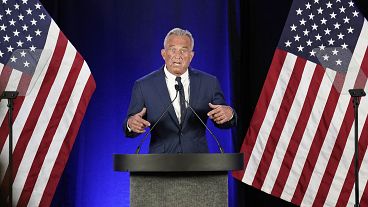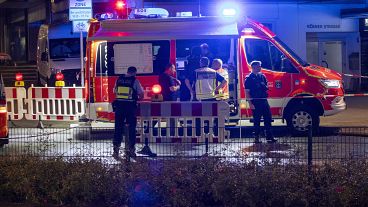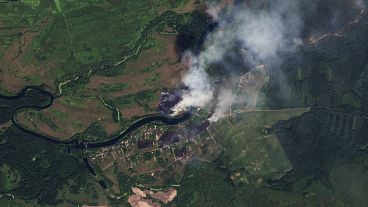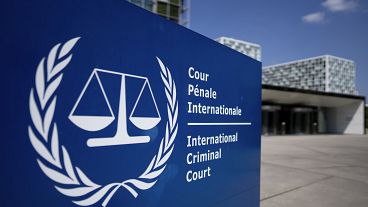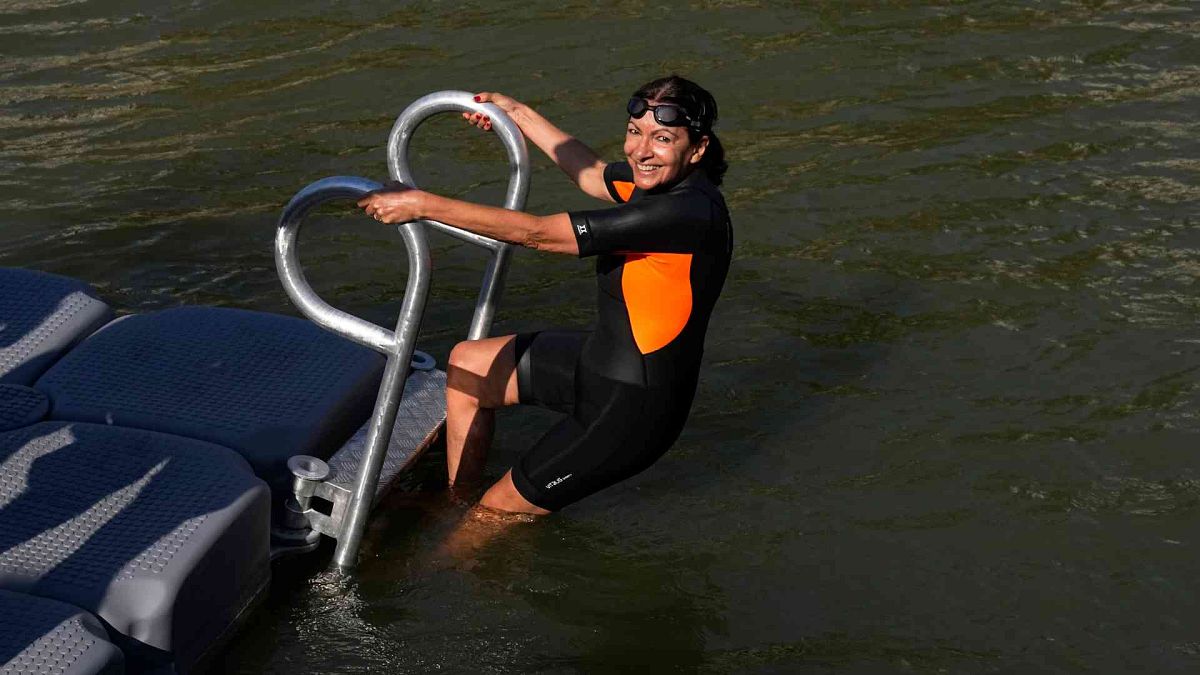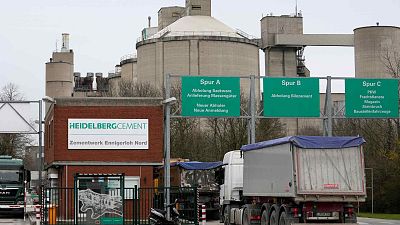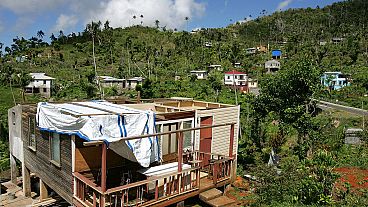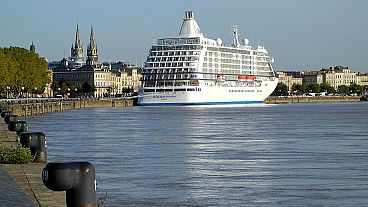Anne Hidalgo took a dip in the long-polluted Seine River to show that Paris' river is clean and safe.
“Every time I meet someone, they worry that I’m going to swim in the Seine,” says Léonie Périault, a French triathlete who won a bronze medal in the 2020 Tokyo Olympics.
Paris has spent €1.4 billion trying to allay those fears, building a giant underground tub to store wastewater so that it doesn't run into the Seine. It has been illegal to swim in Paris' iconic river for more than a century due to the dirtiness of the water.
With less than two weeks to go until the Paris Olympics and events scheduled to take place in the river, a question hangs over the Games: Will the Seine River be clean enough for athletes to swim in?
Will the Seine be clean in time?
Triathlon and marathon swimming are scheduled to be held in the Seine but, despite the city's efforts, the water has tested unsafe for humans in recent weeks, and cleaner on other days. The Games run from 26 July until 11 August.
The French Sports Minister, Amélie Oudéa-Castéra, is so confident in its cleanliness that she dived into the river at the weekend. Paris Mayor Anne Hidalgo has also said she would swim in the Seine this week, having previously delayed her swim due to the snap French elections.
Triathlete Léonie Périault is frustrated by the feverish debate around the river, “I’ve been swimming in this river for several years now. In youth competitions, we swam regularly in the Seine and never had problems” she says.
Last year, Périault took part in a test event in the Seine.
“The setting was incredible with the Eiffel Tower as a backdrop and the water conditions were not worse than anywhere else in the world,” she says.
Paris has spent €1.4 billion trying to clean up the Seine
To clean up the river, Paris invested €1.4 billion in building infrastructure to catch more stormwater when it rains - the same water that contains bacteria-laden wastewater that enters the river during periods of heavy rain and makes it unsafe to swim in.
In May, Paris officials inaugurated a giant underground water storage basin next to the Austerlitz train station aimed at collecting excess rainwater and stopping wastewater from entering the Seine. The basin can hold the equivalent of 20 Olympic swimming pools of dirty water that will now be treated and is the centerpiece of major infrastructure improvements that the city has rushed to finish in time for the Games, but to also ensure that Parisians have a cleaner Seine in years to come.
But a few spells of heavy rain could push E. coli levels beyond the limit of 900 colony-forming units per 100 millilitres that the World Triathlon Federation has determined as safe for competitions.
“The Seine is not a special case,” says Metin Duran, a professor of civil and environmental engineering at the US's Villanova University who has researched stormwater management. “It really is a complicated and very costly problem.”
Olympics events may have to be cancelled or moved
Paris Olympic organisers have said that if heavy rain affects the Seine's flow during the Games, the triathlon would no longer feature the swimming portion - and the marathon swimming competition would be relocated to the Vaires-sur-Marne Nautical Stadium in the greater Paris region.
“It's not very common, but it has happened a few times,” said Ollala Cernuda, head of communications at World Triathlon, an international body for the sport, about the possibility of the swim portion being cancelled.
“And it’s always linked with water quality issues," Cernuda said.
Why is the Seine so dirty?
Paris, like many old cities around the world, has a combined sewer system, which means that the city’s wastewater and stormwater flow through the same pipes. With heavy or prolonged periods of rain, the pipes’ capacity is reached, which means raw wastewater flows into the river instead of a treatment plant.
On a daily basis, the monitoring group Eau de Paris has tested the river water, yielding results that showed unsafe E. coli levels in recent weeks followed by results in early July that showed improvement.
Olympic organisers remain optimistic
But organisers remain optimistic that drier, sunnier weather than what the French capital experienced in June will allow the events to go as planned - buffeted by the infrastructure upgrades. The sun's ultraviolet rays kill bacteria like E. coli in water.
An AP analysis of weather data showed that in 2024, Paris has seen the second-most days with rain than any year since 1950, surpassed only by 2016.
Importantly for the Seine’s water quality, there have also been few stretches of days without rain.
Paris only experienced one weeklong dry spell this year - in early June, whereas between 1950 and 2020, it was typical for the city to have at least three such periods by the end of June, according to the analysis.
“Predictions of rainfall have become much more accurate up to a week in advance,” said Jennifer Francis, a scientist at the Woodwell Climate Research Center in Massachusetts. “But the seasonal patterns of past decades no longer provide reliable guidance in our warmer world.”
Experts say it's impossible to predict for now
Dan Angelescu, the founder and CEO of Fluidion, a Paris and Los Angeles-based water-monitoring tech company, said there have been improvements observed in the river since the city's new infrastructure was built, but that the Seine's water quality remained fragile. His company has measured the Seine's contamination levels for several years.
Angelescu said it's hard to predict, using previous years' data, what might happen later this month - since the water storage basin and other infrastructure were not operational until a few months ago.
“It's difficult to tell,” Angelescu said, speaking in early July after the Seine's water had tested cleaner than in several weeks prior.
“To see such a drastic improvement and so rapidly could be a sign that something is working," he said.

